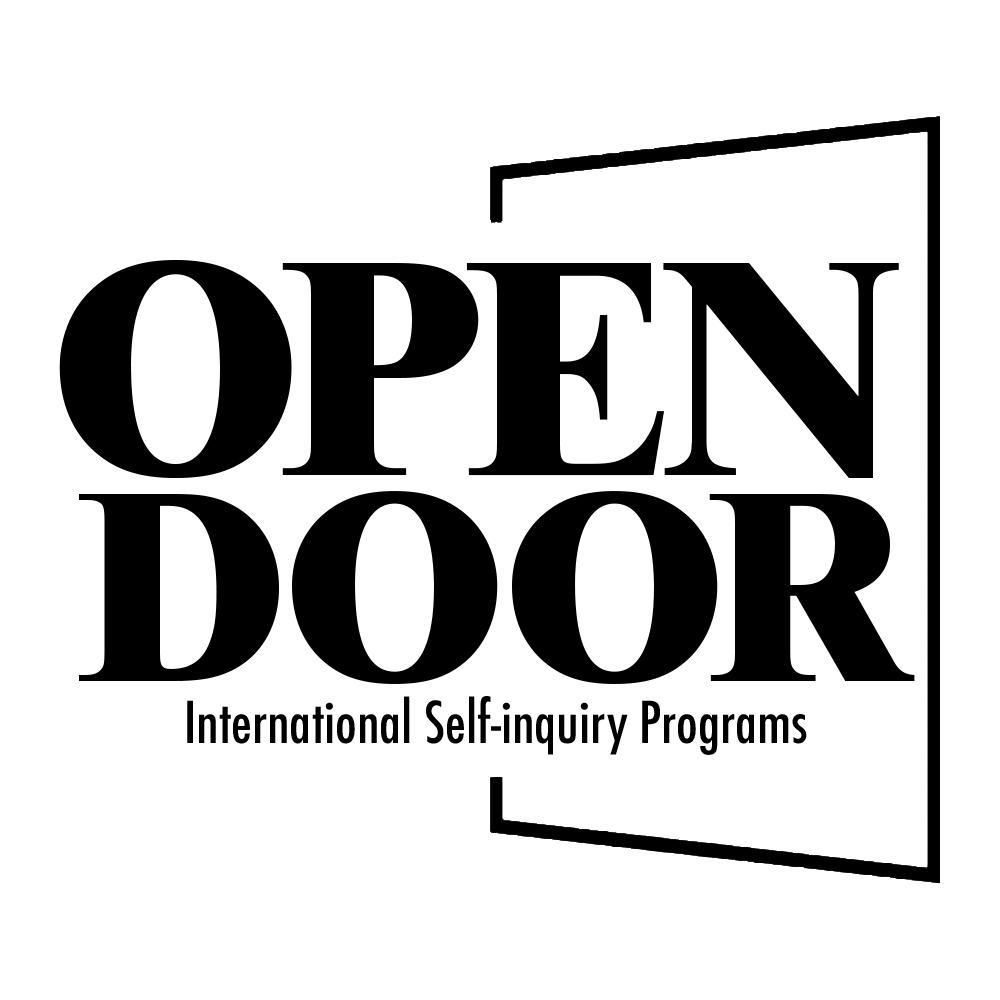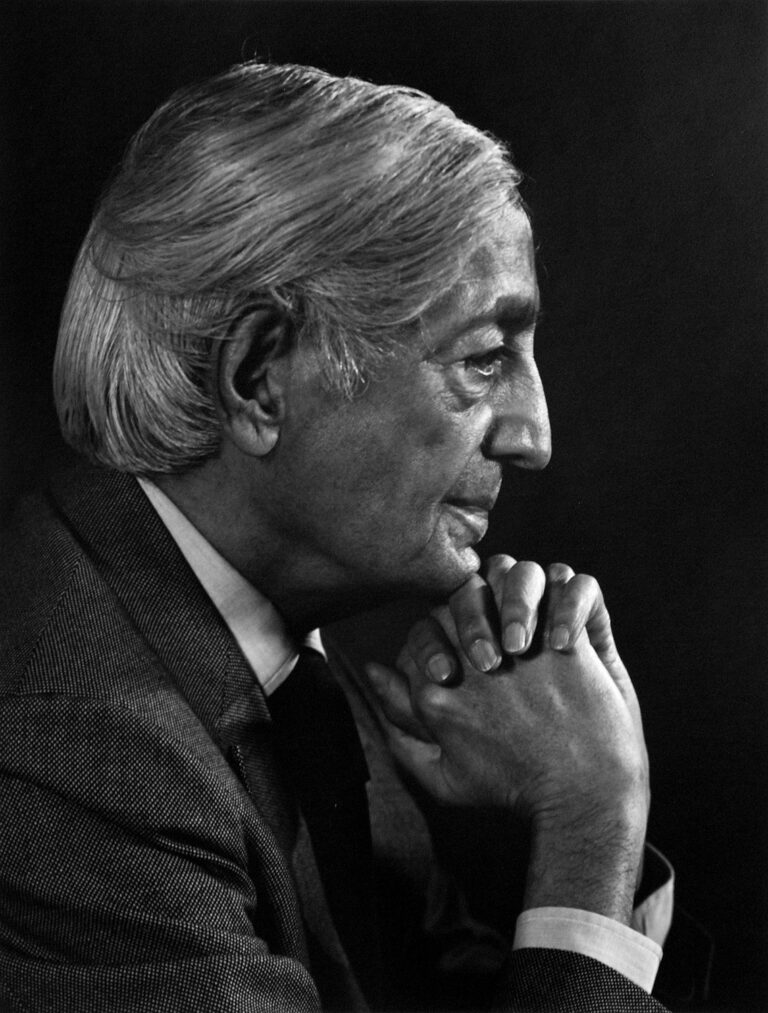
When I know the topic of my inquiry well, can I really discover anything new?
Is this real inquiry?
Is inquiry an actual discovery in the present moment, or an entertaining rehashing of ideas and opinions with others?
Am I looking at questions raised, through the shadows of fixed assumptions and firmly held conclusions? Am I looking “through the glass darkly”? I sit in a circle and share these conclusions with others and I call this, “inquiry”.
Or, is there a completely new way to inquire?
Is there a very different way of communicating with each other in dialogue that goes beyond a mere exchange of well-worn psychological viewpoints? Can we look more closely at something – question what we already assume it to be – so that it may appear in a completely new light
The conditioned mind directs us to look to others for answers; it also dictates I blame or judge others if they fall short of this expectation. Or, I may look for an objective cause of my problems. What I “find” makes me feel safe and conveniently, I assume it to be real. I remain informed by my own assumptions and consequently, do not observe and gather information from what is actually taking place.
For example: I am confused; my mind assumes a need for clarity, without observing the fact of confusion present.
We shall be looking at all these questions, not as a conversational pursuit, but as a deeper and more serious inquiry. Looking and thinking together in dialogue, we shall carefully and patiently examine whether what I perceive can be faced directly: unknown as it were, without thought dictating what it has already understood.
Can I carefully observe the fact of this very thought process – operating and influencing me – as I listen to my friends in the dialogue? If I can’t, then I shall be honest and begin noticing the barriers to this attention with a fresh energy. Can a completely new observation of the old me come into operation?
Inquiry is not a stairway to heaven; it begins with seeing that first step.
To understand the mind you cannot interpret it according to somebody else’s idea, but you must observe how your own total mind works. When you know the whole process of it, how it reasons, its desires, motives, ambitions, pursuits, its envy, greed and fear; then the mind can go beyond itself, and when it does there is the discovery of something totally new.
That quality of newness gives an extraordinary passion, a tremendous enthusiasm which brings about a deep inward revolution: and it is this inward revolution which alone can transform the world not any political or economic system.
J. Krishnamurti, The Book of Life




